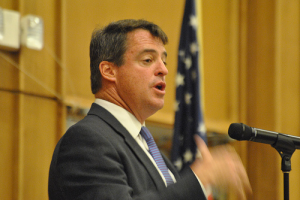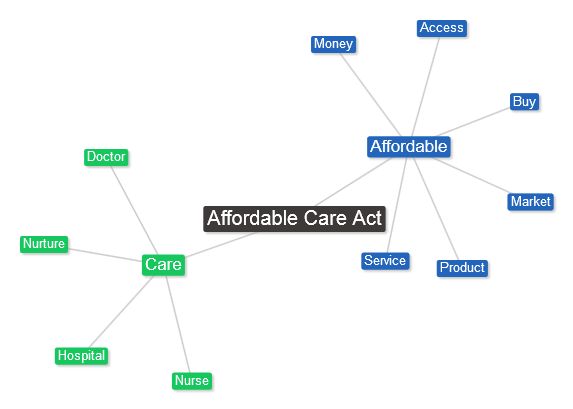I’m happy to say that, thanks to Elizabeth Wilner of Cook Political, I’ve finally found a candidate willing to say that access to healthcare is a right! His name is Doug Gansler. You can watch him say “Affordable care is a right” in the campaign ad below:

Photo Credit: mdfriendofhillary via Compfight cc
The attorney general (D) of Maryland, Mr. Gansler is running for governor. The primary election will take place on June 24. Marylanders should check out the Baltimore Sun’s election guide.
Wilner’s article reports on a conference of pollsters. She says that because about equal numbers of Americans like “keep and fix” as “repeal and replace,” Republican candidates are likely to change from talk of repealing the Patient Protection and Affordable Care Act to talk of fixing it.
She notes that talk of fixing would give Republican candidates “a simpler line than Democrats, who continue to grapple with how to support the ACA—or at least, counter Republican attacks—in their ads….” She says that Kantar Media’s Campaign Media Analysis Group (CMAG) names three lines that Democratic candidates have taken:
- Negative = positive: “[My Republican opponent] would deny coverage for preexisting conditions and/or let insurers charge women more for healthcare or mammograms.”
- Partial pro: “[Democratic incumbent] held insurers accountable and/or ensured coverage of preexisting conditions and affordable access for women.”
- Yay PPACA!: “helping the President pass healthcare reform”
Wilner found only four candidates nationwide that have cheered the Patient Protection Act in their advertising.
She correctly notes that Democratic candidates don’t have much time “to repair the negative impression people have about the law before Election Day.”
Here’s an example I’ve noticed in my state. Before the primary election, Republican candidates for all levels of office declared their opposition to “Obamacare” in TV ads.
And the Democratic candidates? I saw no ads from them on television at all. They seem to have let their opponents rule the airwaves and frame the healthcare reform debate their way for months. Will they learn from Doug Gansler?
No matter the primary outcome, for his fine framing of the healthcare reform issue and standing up to the bullies, Doug Gansler is now the first honorary Framologist. Congratulations!




